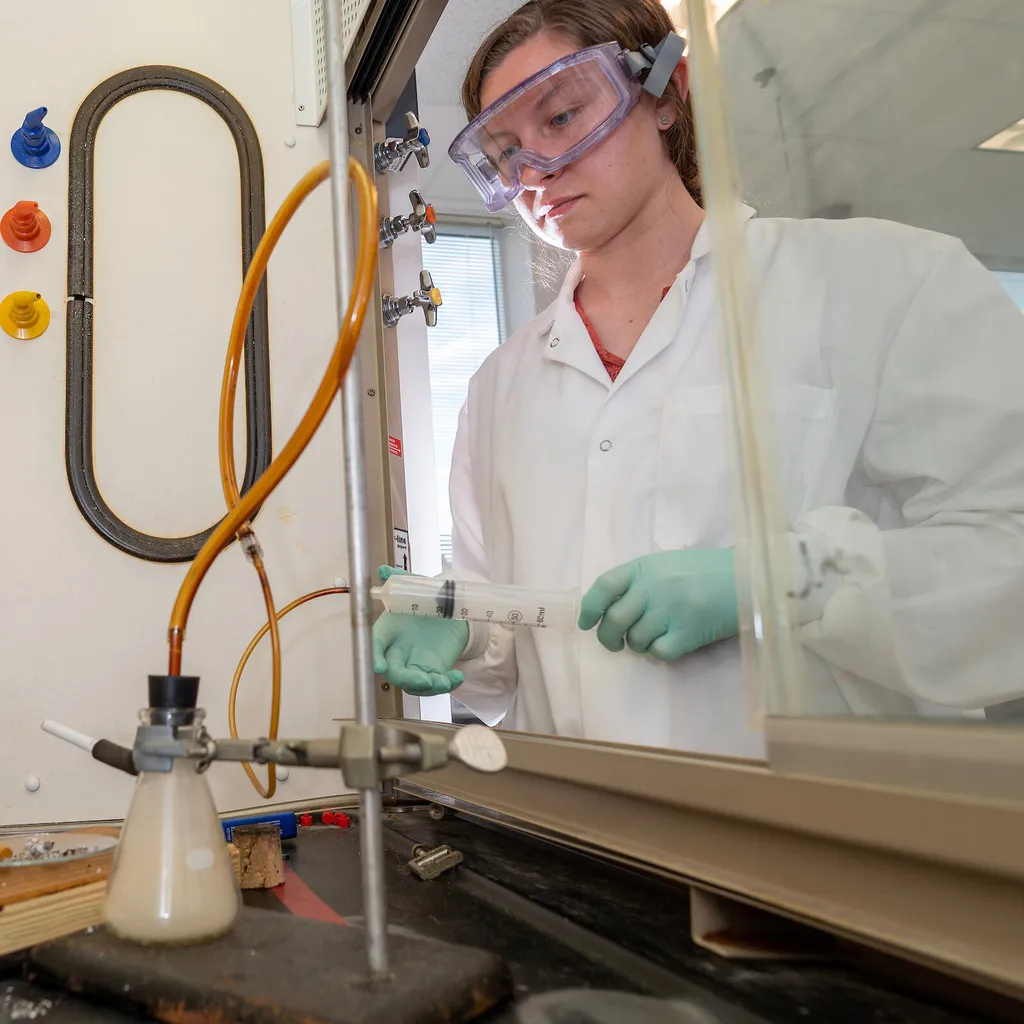In the relentless pursuit of efficiency and longevity in industrial machining, a breakthrough has emerged from the labs of Anna University in Chennai, India. Researchers, led by S Senthil Kumar from the CEG Campus, have developed a novel approach to enhance the performance of cutting tools, with significant implications for the energy sector and beyond.
The team’s focus was on addressing the persistent challenge of tool wear during high-temperature machining, a critical issue in industries where precision and durability are paramount. By employing a cathodic arc deposition technique, they applied an AlCrN (Aluminum Chromium Nitride) coating to cermet tools, creating a robust thermal barrier that significantly reduces heat transfer between the tool and the substrate.
“This coating not only improves hardness but also enhances the tribological performance of the tools,” explains Senthil Kumar. The results were striking: coated tools exhibited a markedly reduced wear rate compared to their uncoated counterparts, as evidenced by pin-on-disk tribometer tests and SEM examinations.
The practical implications of this research are substantial. In sectors like energy, where machining operations are often pushed to their limits, the enhanced performance of these coated tools can lead to longer tool life, reduced downtime, and improved overall efficiency. The study also implemented a Neutrosophic optimization approach to determine the best machining parameters, further refining the tools’ performance.
“This research opens up new avenues for optimizing machining processes,” says Senthil Kumar. “By understanding and controlling the interactions between the tool and the workpiece, we can achieve better results in terms of cutting force, surface roughness, and tool wear.”
The findings, published in the journal ‘Materials Research Express’ (which translates to ‘Expressions of Materials Research’), highlight the potential for this technology to revolutionize industrial machining. As industries continue to demand higher precision and efficiency, innovations like these will be crucial in meeting those needs.
The research not only advances our understanding of tool coatings but also sets the stage for future developments in machining technology. By pushing the boundaries of what’s possible, Senthil Kumar and his team are paving the way for more efficient, durable, and cost-effective machining solutions. As the energy sector and other industries continue to evolve, the impact of this research is poised to grow, shaping the future of manufacturing and beyond.

